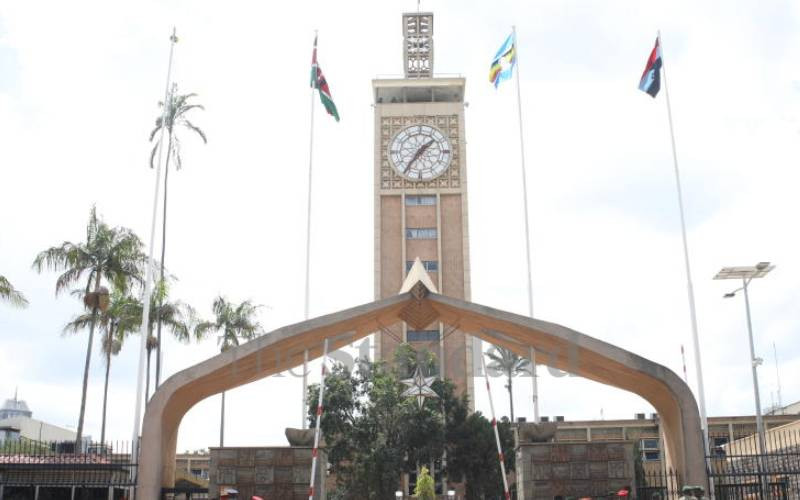
Normalised wickedness. That is what it is. I am talking about how one arm of government, the legislature, has seemingly comfortably wrapped itself in the warm arms of the Executive when, on the other hand, the Judiciary is strongly refusing to be wrapped and dropped in the locked box of the Executive.
The learned friends spent a good part of the ending week issuing press statements against the Kenya Kwanza government for what they see as an affront to their independence. Except for a few government apologetics, there was little doubt left in the public that the Judiciary is not willing to play second best to the Executive.